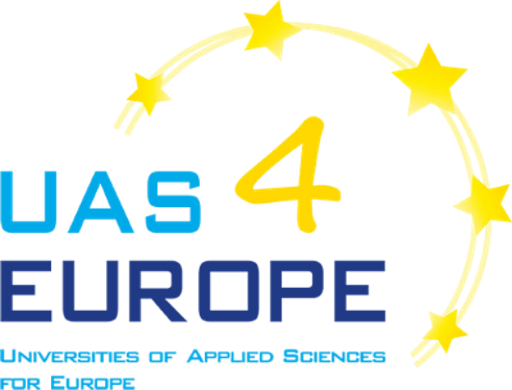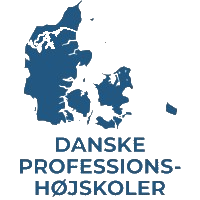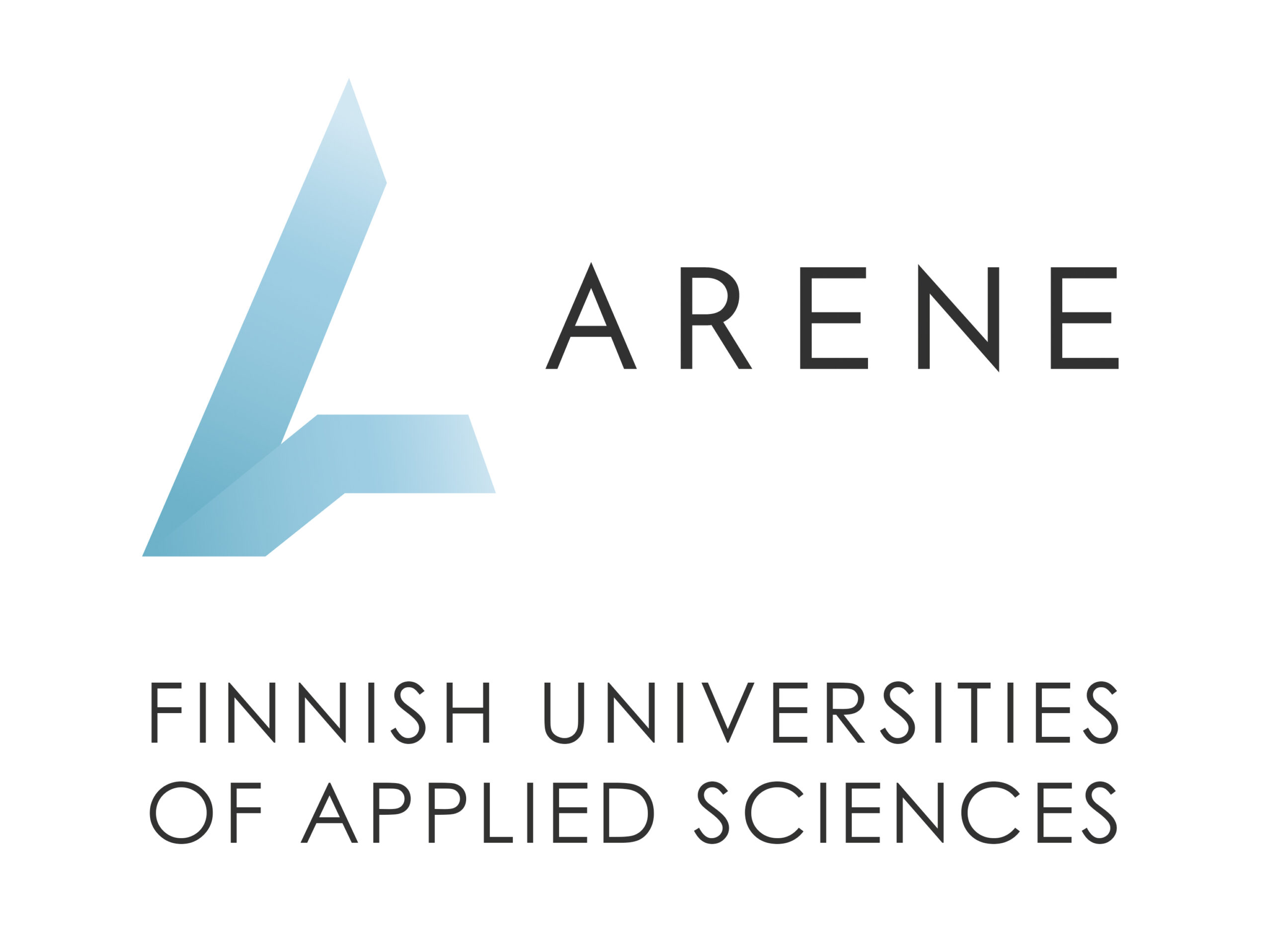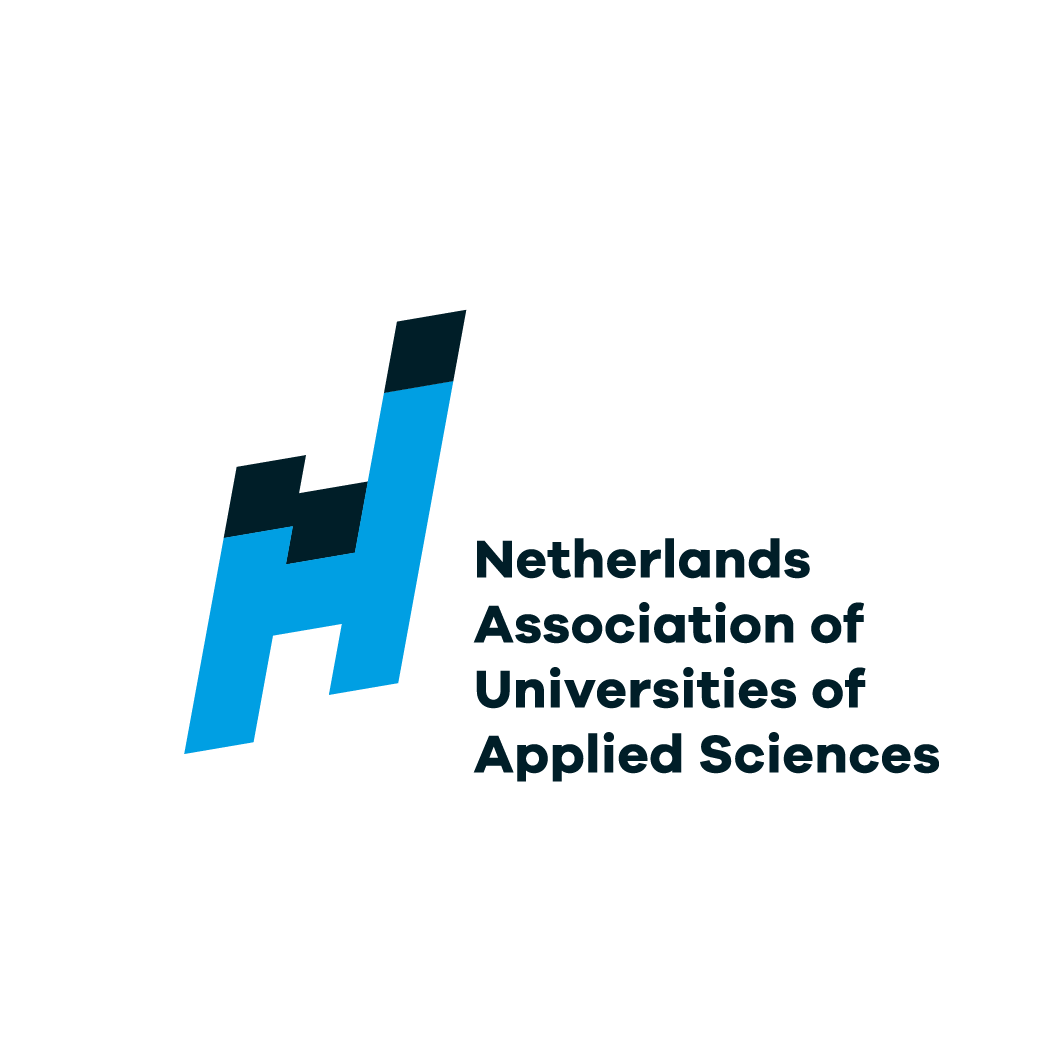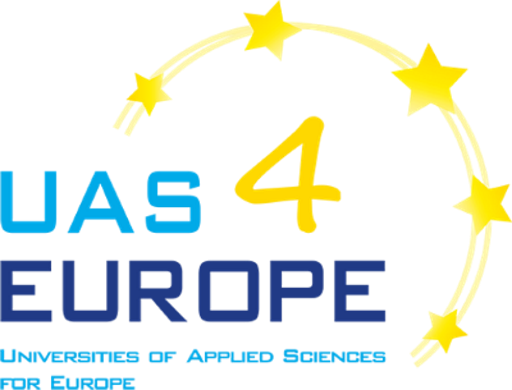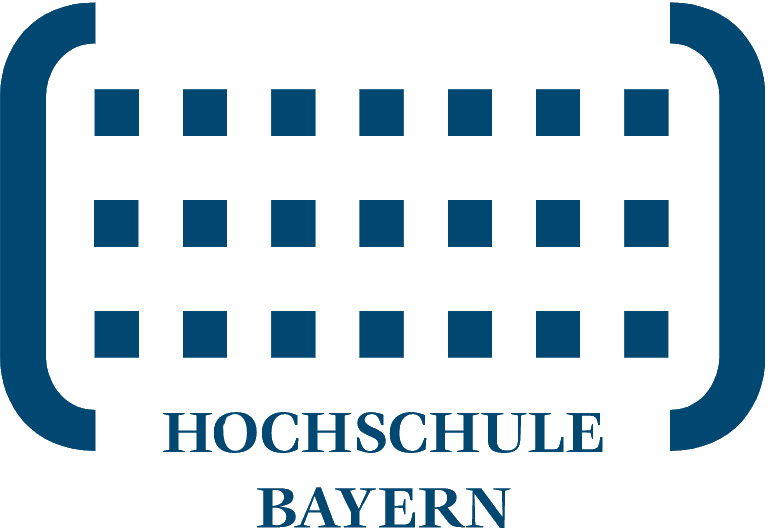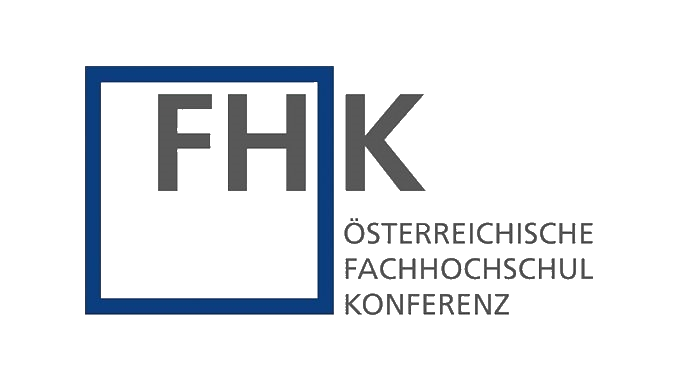UAS4EUROPE Networking Conference 2023 – Executive summary
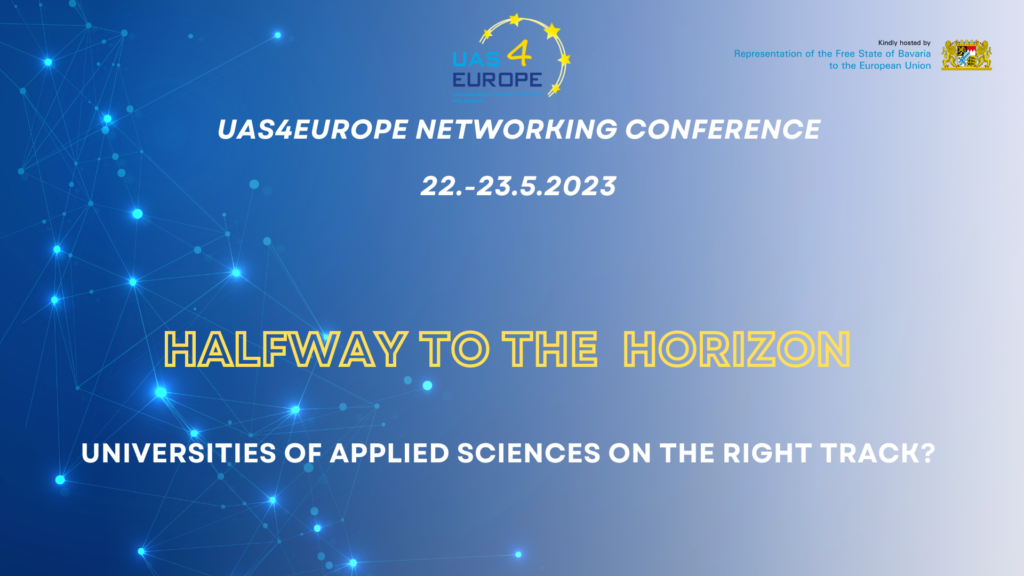
On 22 and 23 May 2023, UAS4EUROPE, the network of Universities of Applied Sciences (UAS) in Europe, held its biennial Networking Conference at the Representation of the Free State of Bavaria to the EU. A high-level line-up of policymakers, interactive breakout sessions and a poster exhibition engaged the European applied research community to discuss Horizon Europe and contribute to the Framework Programme’s mid-term review.
Around 250 researchers, policymakers, stakeholders and EU advisors from all over Europe joined the prominently staffed conference, which took place at the Representation of the Free State of Bavaria to the EU. The Bavarian Representation is located in the premises of the former Institut Pasteur de Brabant and as such is a fitting venue for a gathering of the European applied research community to honour the work of Jules Bordet, who conducted life-saving serum research as the basis for vaccines against diphtheria, typhoid, tetanus and other diseases at this very location.
In her opening remarks, Bavarian MEP and honorary professor at Munich UAS, Angelika Niebler, stressed the importance of UAS to train students in bringing innovations to the market. Furthermore, Ms. Niebler underlined the relevance for UAS to engage with policymakers in order to feed their expertise into the policy cycle.
In light of the Dutch presidency of UAS4EUROPE, Robbert Dijkgraaf, Dutch Minister of Education, Culture and Science called for a change in perception of education and “turn the hierarchical ladder on its side to become a wide fan of possibilities”. This shall serve to move away from a merit-based model to an “inclusive, broad-spectrum approach to education”. Honouring the British chemist and Nobel laureate George Porter, who distinguished between applied and ‘not-yet-applied’ research, the Minister acknowledged the societal impact of all types of research. Therefore, the Dutch government allocated an additional budget of 100 million euros per year to research at UAS, coupled with the introduction of professional doctorates into the Dutch law code. Minister Dijkgraaf ended his address by outlining the “healthy mix of collaboration and competition” as “what makes Europe unique”.
In a lively panel debate, representatives from the EU institutions, UAS and industry discussed how applied research could maintain and strengthen their contributions to European competitiveness. Armando Pires, UAS4EUROPE Board Member and EURASHE President outlined the strong links between UAS and industry but lamented that capacity limits and high administrative burdens may sometimes hinder participation in Horizon Europe. In order to strengthen the research capacity at UAS, Mr. Pires called for the wide deployment of professional doctorates, similar to recent developments in the Netherlands or the two German regions of Bavaria and Baden-Württemberg. Keith Sequeira, who leads the EIC unit in the European Commission’s research and innovation department, underlined the strong impact of research conducted at UAS. However, he called for more involvement of the applied sciences in Horizon Europe’s innovation pillar, which funds the transition from research results to commercial products and services. Pernille Weiss, Member of the European Parliament’s research committee, postulated a lacking entrepreneurial culture in Europe and added that UAS can foster entrepreneurial minds of young talents with a special emphasis on women entrepreneurs. Both Ms. Weiss and Anton Walsdorf, Senior Strategist at Airbus, see the dual education model as a good practice for industry-academia collaboration. Mr. Walsdorf further noted that the technology-focus of current research should not come at the detriment of the creation of sustainable business models, coupled with the collaborative use of skills and research across Europe.
While May 22nd was rounded up by a networking reception with Bavarian cuisine, the morning of May 23rd started with impulse addresses on international R&I collaboration by Swiss State Secretary for Education, Research and Innovation, Martina Hirayama, and Vice-President of the Holon Institute of Technology in Israel, Refael Barkan. While the Swiss State Secretary, herself with a background from Zurich UAS, reiterated the Swiss willingness to associate to Horizon Europe, Refael Barkan gave valuable insights into the research system in Israel, which is marked by a structural underfunding of application-focused higher education institutions.
Five interactive breakout sessions subsequently engaged the audience in discussions on the European Universities Initiative, Horizon Europe Clusters, Missions and innovation activities. Overall, the participants had the possibility to exchange their experiences and look for suitable partners for collaboration. A common thread running through all the workshop sessions was the recognition that the UAS research has a great societal impact, but that there is often a lack of institutionalised infrastructures to deepen cross-border cooperation in highly competitive tenders.
The conference was concluded by an outlook on the future of the EU Framework Programme for Research and Innovation by European Commission official Massimiliano Esposito, whose team develops the Horizon Europe Strategic Plan 2025-27.
Before bringing the conference to a close, UAS4EUROPE Vice-Chair Heidi Fagerholm thanked the participants and speakers for their active involvement and announced the publication of the new UAS4EUROPE Strategy 2023-26.
A comprehensive input to the mid-term review of Horizon Europe will be compiled on the basis of the discussions during the conference.
